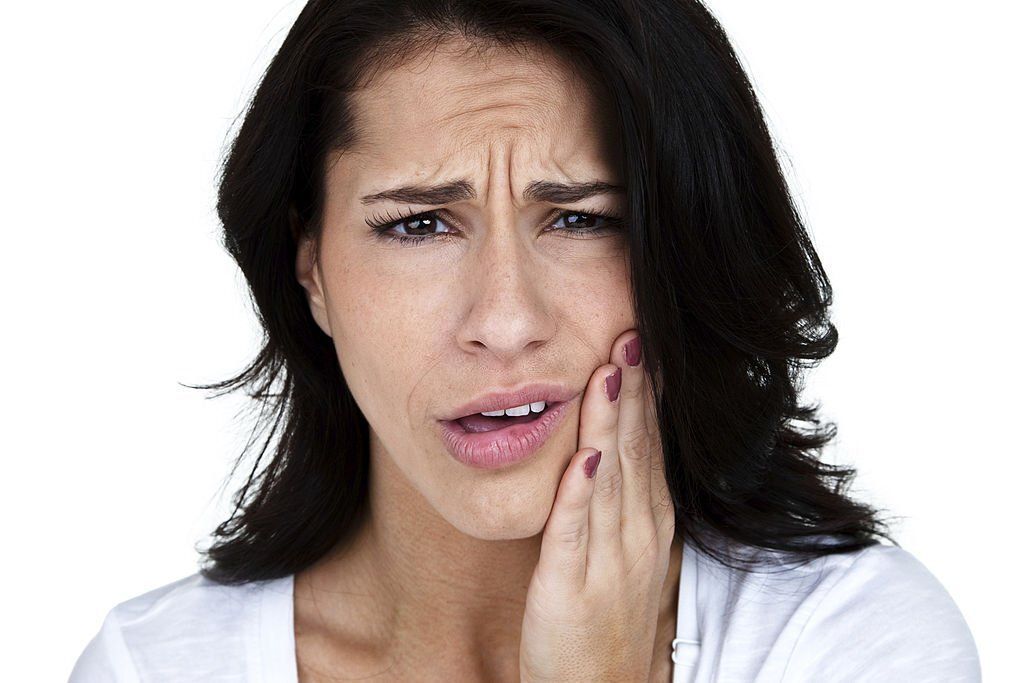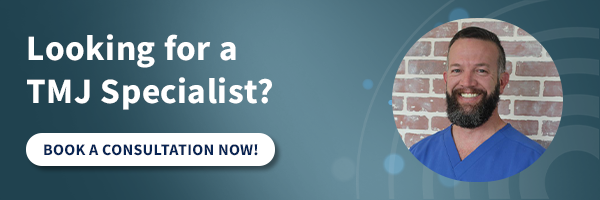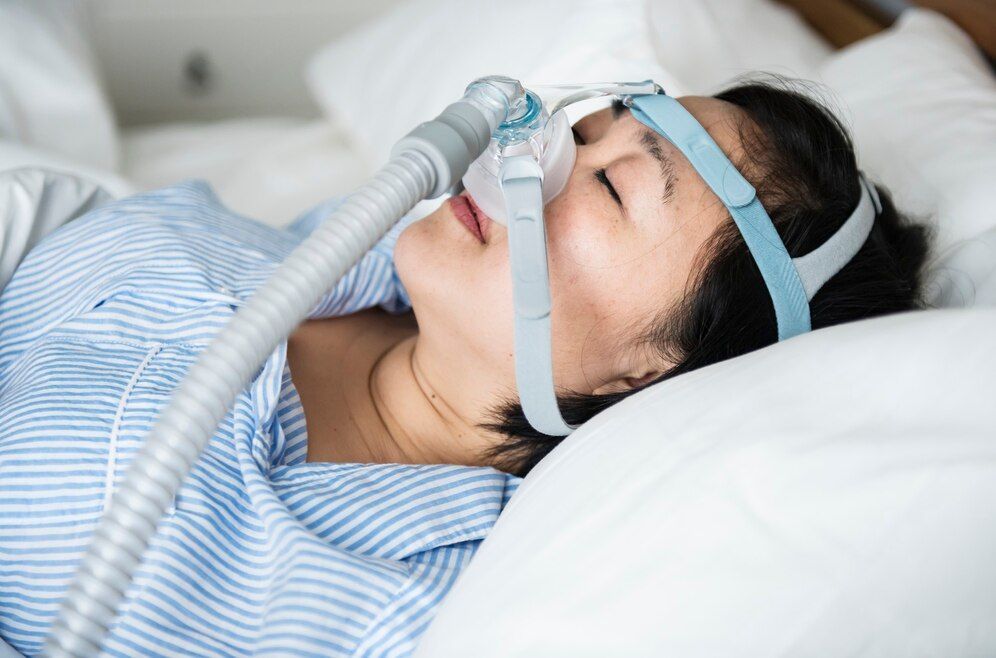
TMJ is a condition that occurs in the jaw joint and can cause sudden jaw pain and discomfort. Fortunately, it is not life-threatening, but it can be highly uncomfortable and affect your daily activities. In the worst case, it can affect your teeth, jaw, and your overall health. If you notice any TMJ symptoms, you can talk to your doctor about getting proper treatment for your disorder.
It can be extremely frustrating to have a sudden onset of jaw pain. TMJ pain can be caused by a number of factors, including clenching your jaw, yelling, or biting your tongue. In such cases, the first thing you need to do is relax. Try not to use your jaw muscles as your jaw joints need to relax to avoid painful symptoms.
What Causes TMJ?
TMJ is a common disorder that can result in pain in the jaw, the surrounding muscles, and a throbbing headache. These symptoms can occur at any time and can be momentary or persistent. Some people experience long periods of pain and are unable to function normally. Fortunately, there are numerous treatment options available. So, it is vital to understand what causes your sudden jaw pain to know how to prevent it.

Here is a list of factors that can cause a sudden onset of jaw pain:
Trigger Points
First, it’s important to understand trigger points to know what causes TMJ. Sometimes, stress, caffeine, or eating certain foods trigger the pain. However, knowing the triggers of your jaw pain can help you manage the symptoms and eliminate them for good.
Common Causes
Some of the most common causes of TMJ pain are stress, allergies, and dental problems. For example, teeth grinding and frequent mouthwash can cause a strain on the jaw and cause pain. Other causes of TMJ include swollen lymph nodes, giant cell arteritis, salivary gland disease, and dental braces.
Nevertheless, TMJ pain can be caused by other conditions, and it is important to seek medical advice if it persists for more than a week. Thankfully, NSAIDs can relieve the symptoms of TMJ in general cases. If you are at a high risk of developing TMJ, you should avoid hard, chewy foods. In particular, you should avoid apple cores and bagels.
Physical Activity
Another common reason for sudden jaw pain is physical activity. The jaw muscles are heavily used during activities like weightlifting and running, leading to tensed facial and neck muscles. So if you notice regular pain, try avoiding these activities to minimize the possibility of developing a TMJ problem. While there are many potential causes, there are some easy-to-care TMJ treatments. Visiting a massage therapist may also help, but getting a professional opinion is always recommended.
Bruxism
Although there is no single definitive cause of TMJ, several factors may increase the likelihood of developing it. One of these is bruxism, or teeth grinding. Clenching and grinding can affect the alignment of the top and bottom teeth. They also affect the muscles that help chew food. Such habits overwork the jaw joint and cause them to wear down or shift out of place. In addition to bruxism, stress can also contribute to the symptoms of TMJ.
Book an appointment at our TMJ Pain Center in Richland to diagnose your jaw pain.
TMJ Symptoms
The signs and symptoms of TMJ disorder can be confusing and difficult to identify. Some common symptoms of TMJ include pain in the jaw, face, and ears that can be excruciating. The most obvious sign of TMJ is a sudden onset of jaw pain. In addition to this pain, the joints of the jaw can be sensitive and can lead to joint degeneration.
Clicking Jaw
Another common symptom of TMJ is a clicking jaw. TMJ is often accompanied by a clicking sound that may be the result of a faulty bite. While clicking is common, it doesn’t always signal an underlying disease. A bad bite can make conditions worse and can lead to TMD. A dentist can assess the severity of your TMJ symptoms and prescribe the appropriate treatment for you. Therefore, if you suffer from TMJ, seek treatment as soon as possible.
Trigeminal Neuralgia
The symptoms of TMJ can be associated with trigeminal neuralgia, a condition of the trigeminal nerve that supplies nerve impulses to the temporomandibular joint. It can cause facial pain, and patients with TMD may experience a flare-up at some point in their lives.
The symptoms of TMJ can vary greatly, but a few factors are known to play a role in the development of the disorder. During a TMJ flare-up, a new or unusual set of symptoms appears. The severity of the sudden jaw pain can dramatically increase, so it’s important to seek medical treatment immediately. While some home treatments are effective for TMJ, medical attention is recommended if the symptoms persist or worsen.
TMJ Diagnosis
TMJ diagnosis can be difficult because the symptoms are often misdiagnosed as the result of other medical conditions. Fortunately, recent improvements in non-invasive imaging have made it easier to diagnose TMJ disorder. MRI and tomography are now available, which means you can get the diagnosis you need more quickly and with less trial and error.
To determine if you have TMJ, schedule an appointment with our dentist at TMJ pain center in Richland.
A TMJ diagnosis is important because it determines the treatment necessary to correct the problem. There are no standard tests for this disorder, so it’s important to talk with your dentist or ENT specialist to find out if you have TMJ. Our healthcare professional may conduct a thorough exam and use several imaging tests to confirm or rule out other conditions. The diagnosis is essential because it is critical to the success of treatment. When you go to seek medical advice, it’s best to seek treatment for your condition before the symptoms worsen.
TMJ Treatment
It is imperative to visit a doctor if you are experiencing jaw pain. A dental professional will perform a physical exam and discuss the symptoms with you. If it’s severe or sudden, they will diagnose the underlying cause. The treatment for this condition will depend on what causes a sudden onset of jaw pain. For instance, it may be caused by grinding teeth or aggressively swishing mouthwash.
There are several treatment options available. You may use a combination of therapy and conservative treatment options to treat TMJ disorders. Although some treatments are temporary, they can provide relief. Depending on your symptoms, your doctor might recommend corticosteroid injections, botulinum toxin type A (Botox), or a combination of these. Alternatively, a TMJ arthroscopy procedure may be performed.
Conclusion
The best way to treat sudden jaw pain is to get treatment for it. So it is important to keep the jaw healthy and regularly visit the dentist. If you do suffer from TMJ, visit our doctor as soon as you notice any changes in your teeth or jaw. Our physician will diagnose the problem and recommend an appropriate treatment for the symptoms.
There is no need to suffer from TMJ or leave it untreated. It will only lead to a series of aches and pains. Taking care of the problem as soon as possible can help you get back to living your life without pain. The sooner you start treatment, the better. And, if you’ve already been experiencing pain for some time, you can stop the symptoms by following a recommended therapy regimen.
Give us a call at our TMJ Pain Center in Richland for the best treatments for your TMJ pain.
CONTACT
1363 Columbia Park Trail, Suite 101,
Richland, WA 99352
info@columbiatmjandpain.com
(509) 578-5774
Monday: 8 AM – 12 PM
Tuesday - Thursday: 8 AM - 3:30 PM
Friday: 8 AM – 12 PM
Saturday & Sunday: Closed
NEED AN APPOINTMENT?
We'd love to help you feel like yourself again. Click the button below to use our appointment request form.
© 2023 All Rights Reserved | Columbia Center for Sleep Apnea and TMJ
All Rights Reserved | Columbia Center for Sleep Apnea and TMJ Accessibility Statement












